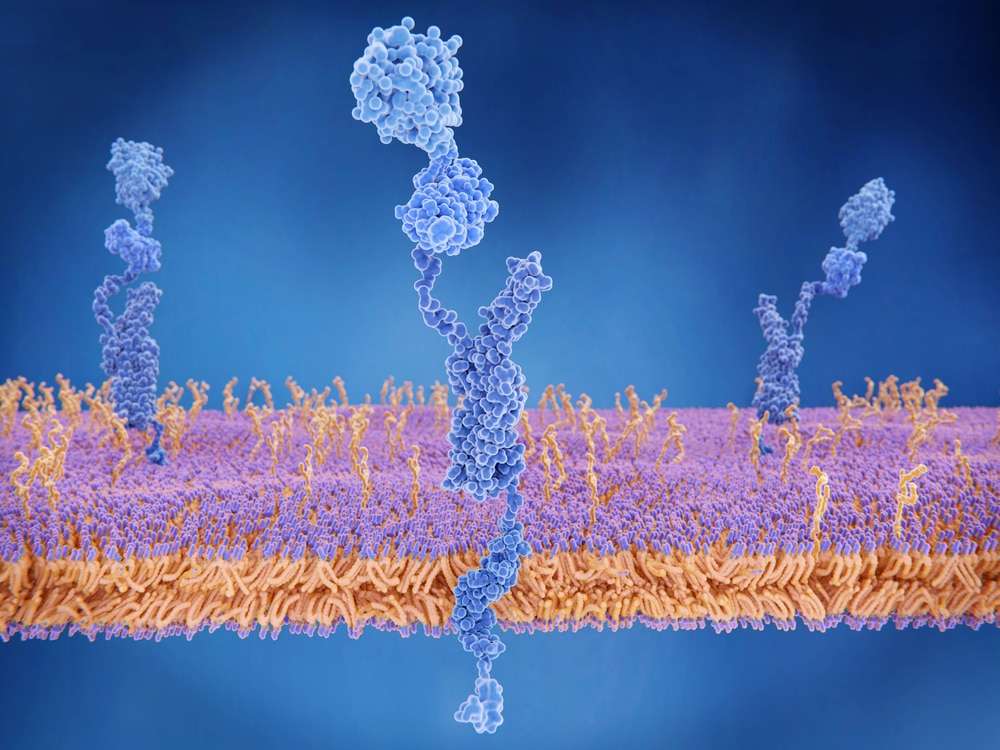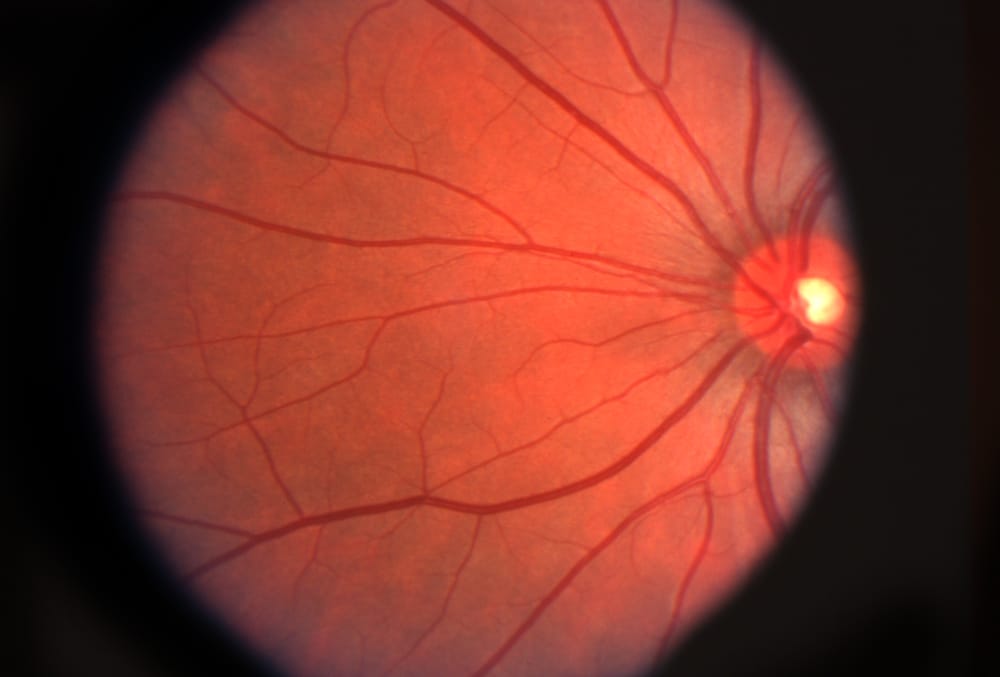[current_page_title]
Researchers Explore Physiological Role of Crucial “Alzheimer Protein”
QPS Neuropharmacology
Found in many tissues, the amyloid precursor protein, or APP, is most widely known for its role in Alzheimer’s disease. But while scientists are intimately familiar with the protein’s role in the development of Alzheimer’s disease, its contributions to healthy brain function remain widely undocumented. A recent study from a research team at the University of ...
Retinal Scans May Predict Alzheimer’s Disease
QPS Neuropharmacology
When you hear “retinal scan,” you might picture biometric security software – almost like something out of a James Bond film. However, a new study shows that retinal scans could serve as a means for understanding Alzheimer’s disease. The research revolves around retinal scans, detecting changes in blood vessels of patients with a crucial Alzheimer’s ...
Researchers Discover Some Brain Cells Increase Activity After Death
QPS Neuropharmacology
Contrary to popular belief, the human body doesn’t die immediately after the heart stops beating. The body is made up of a massive network of cells, some of which remain active after we die. In fact, recent research from the University of Illinois Chicago (UIC) reveals that some cells – brain cells, specifically – might even increase ...
Study Reveals How Humans Develop Larger Brains Than Other Apes
QPS Neuropharmacology
At birth, human brains contain approximately three times as many neurons as those of newborn chimpanzees and gorillas, despite sharing similar gestation periods. Why do humans have such large brains when compared to other apes? To find out, researchers at the Medical Research Council (MRC) Laboratory of Molecular Biology in Cambridge, United Kingdom, recently grew ...
Researchers Identify 13 New Alzheimer’s Genes
QPS Neuropharmacology
Recently, for the first time, researchers used a cutting-edge technique known as whole genome sequencing (WGS) to hunt for rare genomic variants associated with Alzheimer’s disease (AD), and they successfully identified 13 previously unknown Alzheimer’s genes. In addition, the researchers discovered that the gene variants are associated with synaptic function, neural development, and neuroplasticity. Using ...




